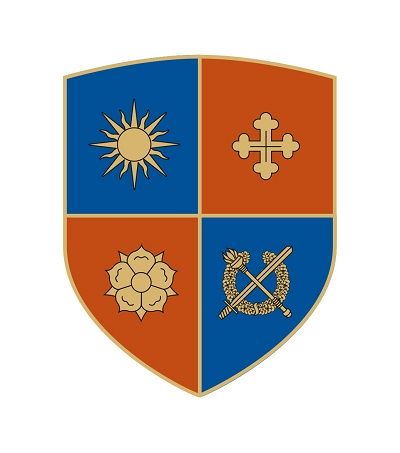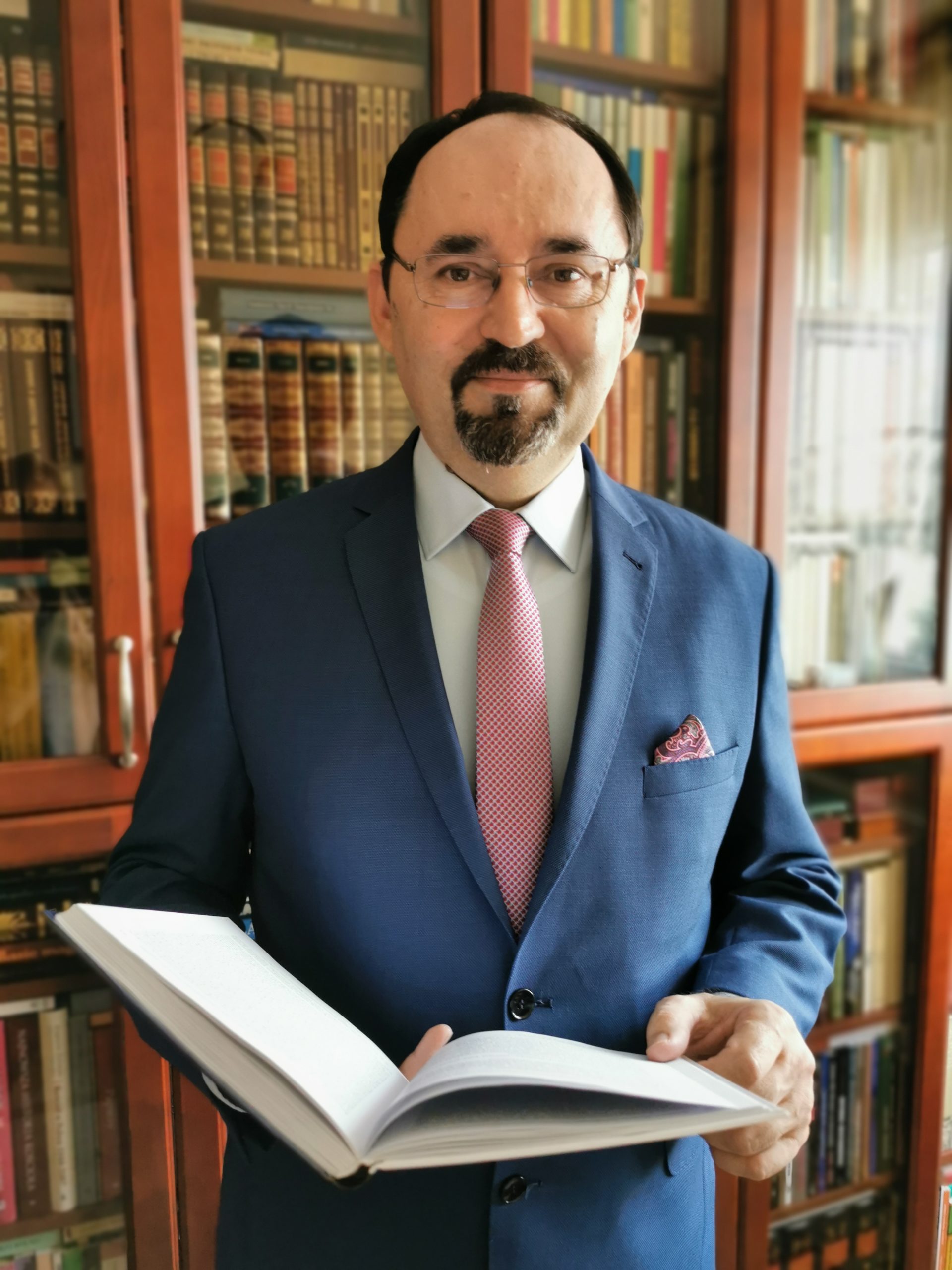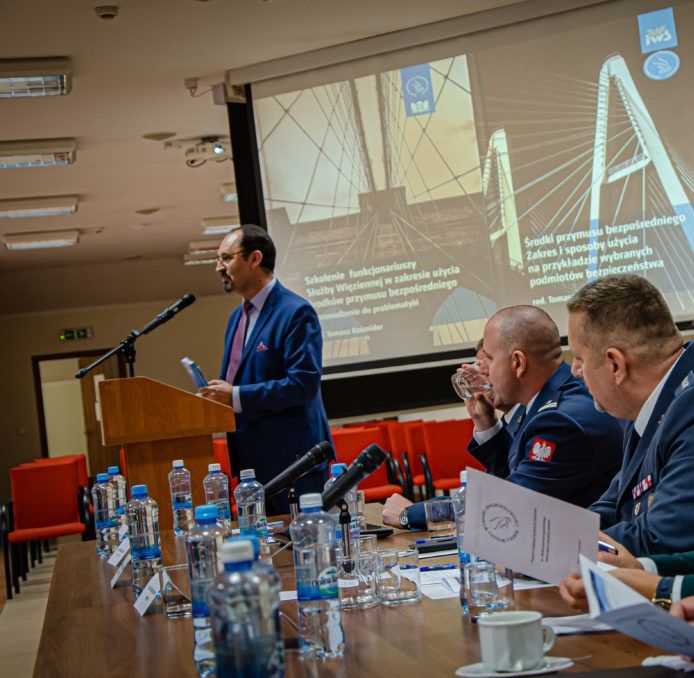Summary of the impact statement
The aim of public safety activities undertaken by the Academy of Justice is to create safe spaces for the society. It is the result of the efforts and cooperation of both public administration bodies, services, guards, inspections, non-governmental organisations, enterprises and also scientific institutions. Security research contributes to the development of optimal solutions whose implementation reduces the risk of threats affecting security and public order. In addition, education and prevention are important roles for science in this context. A society that knows what to do in an emergency is a safe society. It is therefore also a major challenge to strive for the development of public awareness of the risks surrounding human beings. These activities contribute to the creation of safe spaces allowing for sustainable and stable development, fulfilling an elementary human need.
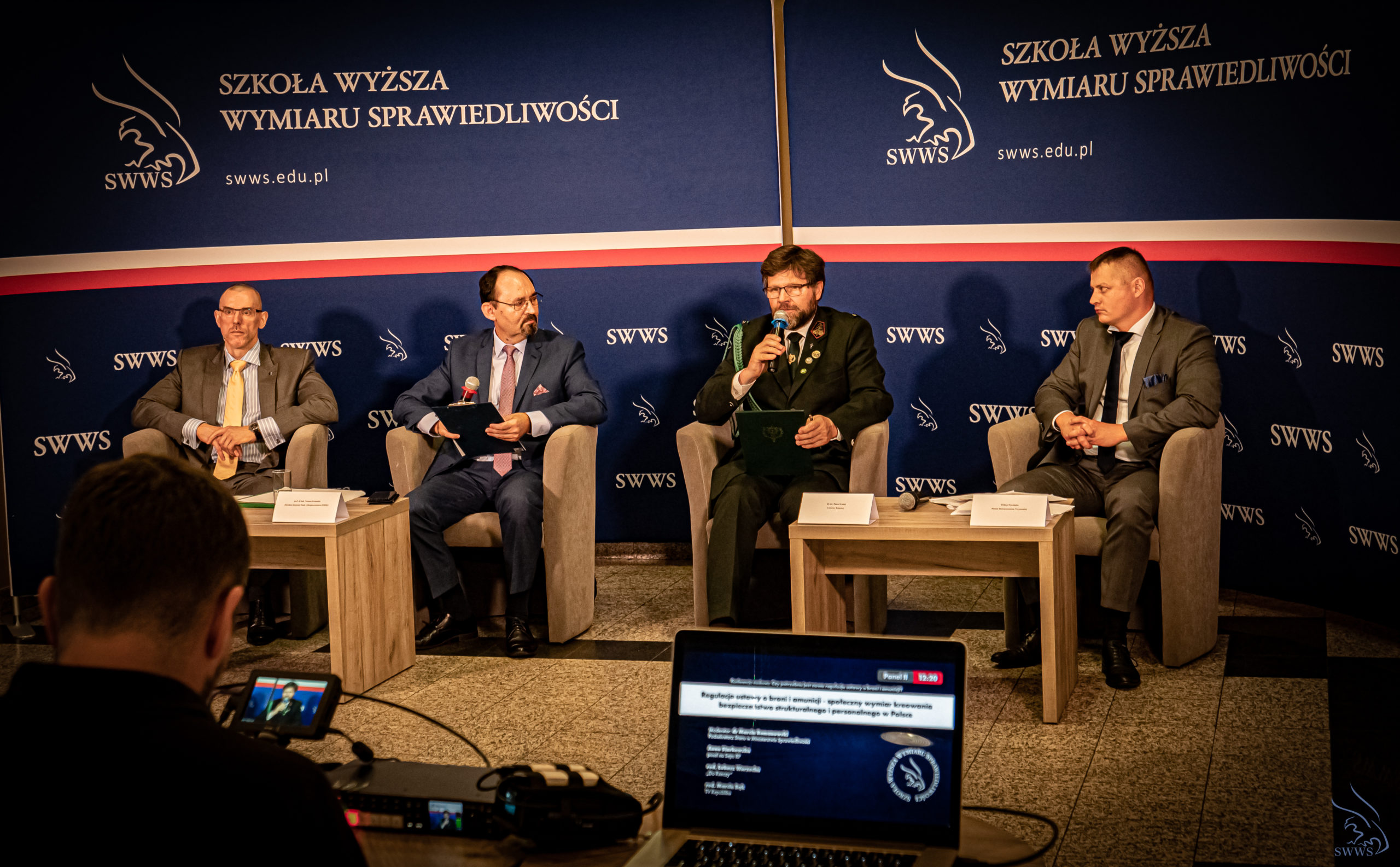
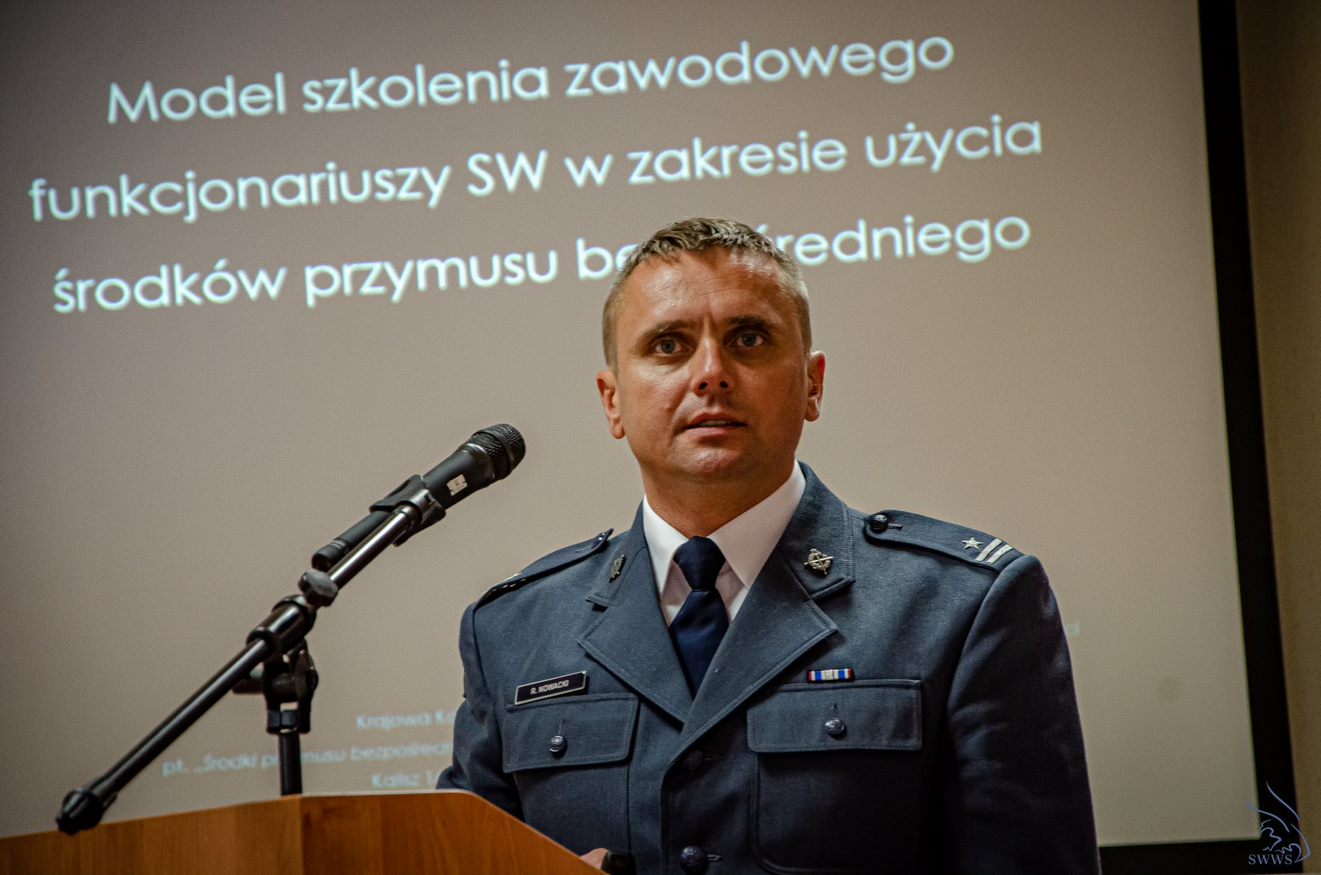
Characteristics of the main research findings
The Academy of Justice seeks to enhance international cooperation within the European Penitentiary Training Academies Network [R1]. This year, on 21–23 September 2021, the Academy of Justice hosted a scientific conference, during which representatives of numerous penitentiary training institutions from EPTA member countries, on the basis of an agreement, implement joint educational and research projects. The theme of this year’s conference was “The Prison Service in the COVID era: the impact on training and teaching”. This project makes a significant contribution to creating safe spaces for the public.
A major problem determining the level of public security is the use or application of means of direct coercion and firearms by services, guards, inspections and licensed agencies for the protection of persons and property. The problem is exacerbated by the fact that external security agencies are currently primarily responsible for protecting public facilities (including critical infrastructure facilities). In order to solve the problem situation, the Academy of Justice, together with representatives of institutions authorised to use means of direct coercion and enterprises employing security agencies for persons and property, undertook actions to implement relevant changes [R2]. Academy of Justice researchers analysed the principles and methods of use of direct coercive measures by selected security actors sharing their training experiences with other actors during a scientific conference combined with a workshop [R3]. An element of research in the above-mentioned area is also to seek to develop common methods for the use of direct coercive measures [R4].
In times of a rapidly changing world determining the increase in the number of threats, it is also necessary to integrate the scientific community and entities responsible for public safety. The aim is to exchange experiences and views and to create common concepts for the development of the protection potential. Such action contributes to building safe spaces for society [R5].
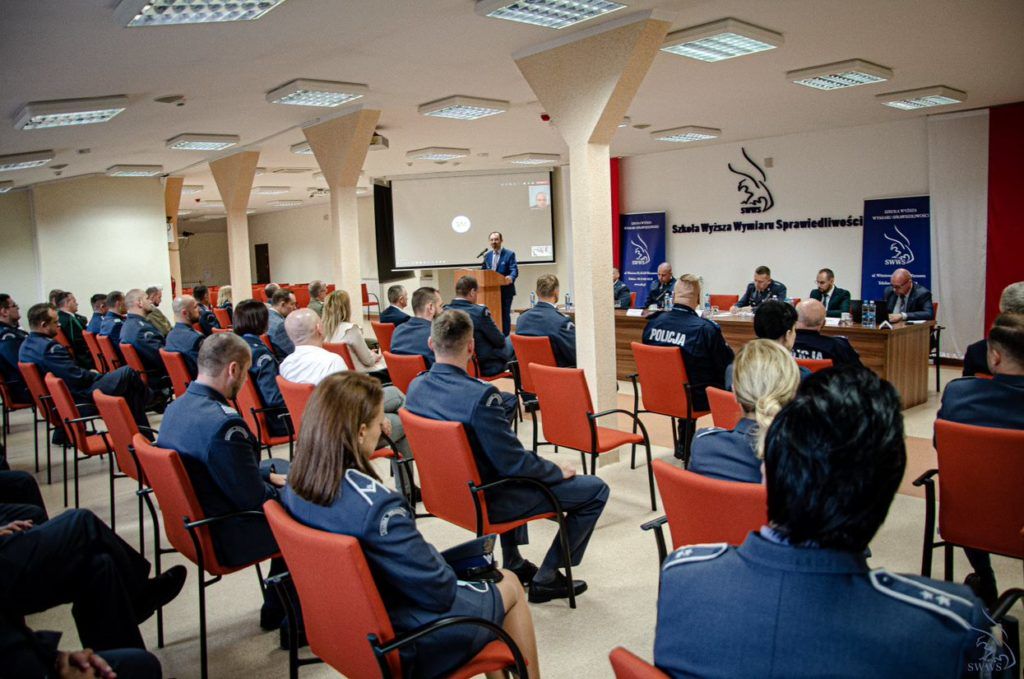
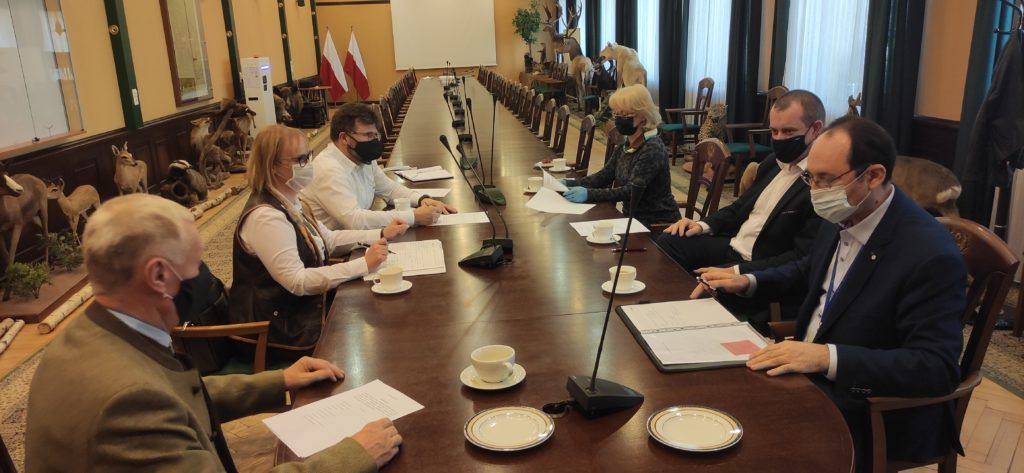
Characteristics of the subject’s role in achieving scientific outputs
The Academy of Justice strives to ensure that new knowledge in the area of public safety does not just expand on theory. From a social point of view, it makes sense to use the results of research to improve the quality of social life, which is why the activities of scientists of the Academy of Justice are oriented towards the practical dimension. The utilitarianism of the research carried out shall be expressed, inter alia, through the creation of effective security solutions or the improvement of existing procedures, methods or security arrangements. In view of the above, the Academy undertakes various forms of scientific activity in the form of research, publications, expertise, conferences and scientific seminars and debates with the participation of representatives of various entities in order to create safe spaces in places where people live. The Academy also cooperates with large companies, placing research and development emphasis on developing optimal security solutions.
https://swws.edu.pl/czy-potrzebna-jest-nowa-regulacja-ustawy-o-broni-i-amunicji-konferencja-naukowa-instytutu-nauk-o-bezpieczenstwie-szkoly-wyzszej-wymiaru-sprawiedliwosci/
https://swws.edu.pl/miedzynarodowa-konferencja-naukowa-3/
https://swws.edu.pl/wspolczesne-wyzwania-i-zagrozenia-dla-bezpieczenstwa-panstwa/
https://swws.edu.pl/bezpieczne-przestrzenie/
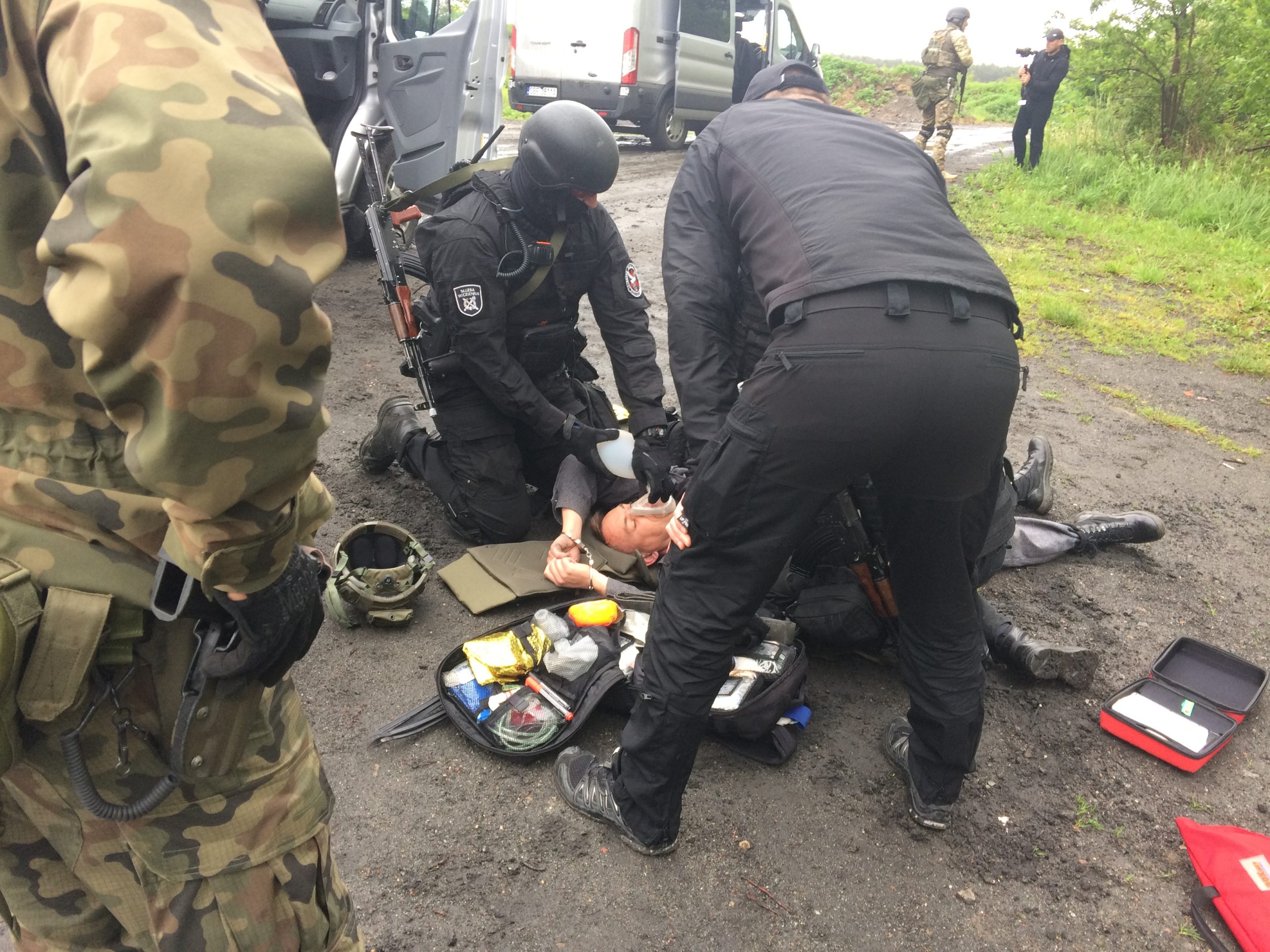
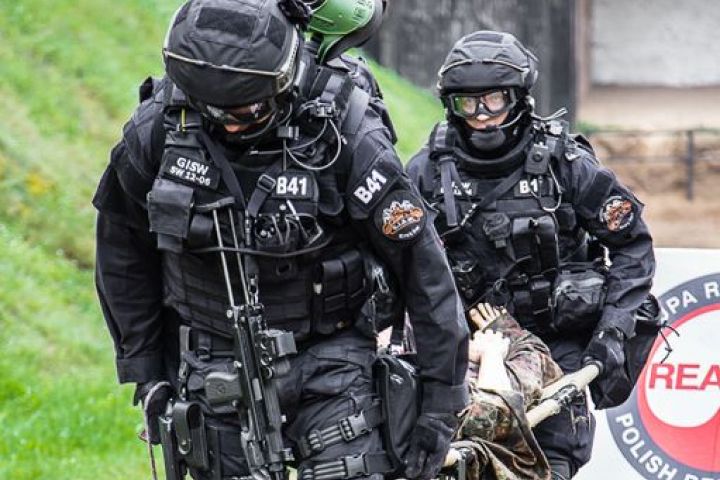
Bibliographic description and summary of scientific achievements
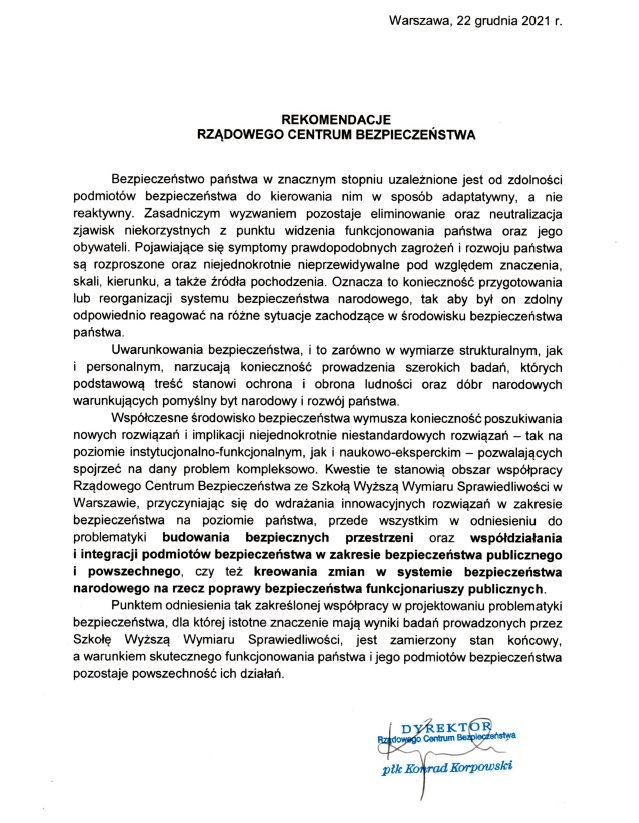
Interdisciplinary research
The wide spectrum of activities and initiatives undertaken by the Academy of Justice aimed at building safe spaces for society required an interdisciplinary scientific approach. It has become necessary to get to know the man and his environment in-depth in order to carry out appropriate scientific undertakings in response to the needs of society. In addition, in order to meet the educational needs, postgraduate studies entitled “Civil protection ” were addressed to employees, officers and rescuers of entities responsible for public safety, as well as a number of other educational initiatives in the form of conferences and scientific seminars. Scientific activities carried out by the Academy of Justice in the field of security are focused on the practical (utilitarian) dimension. Which is mainly expressed in the development of amendments to laws and regulations, as well as created procedures, methods of conduct, methods of securing or concluded agreements. Thus, the emergence of the impact of scientific activity on the environment, apart from the sciences about security, was also influenced by legal sciences, sociological sciences and pedagogy.
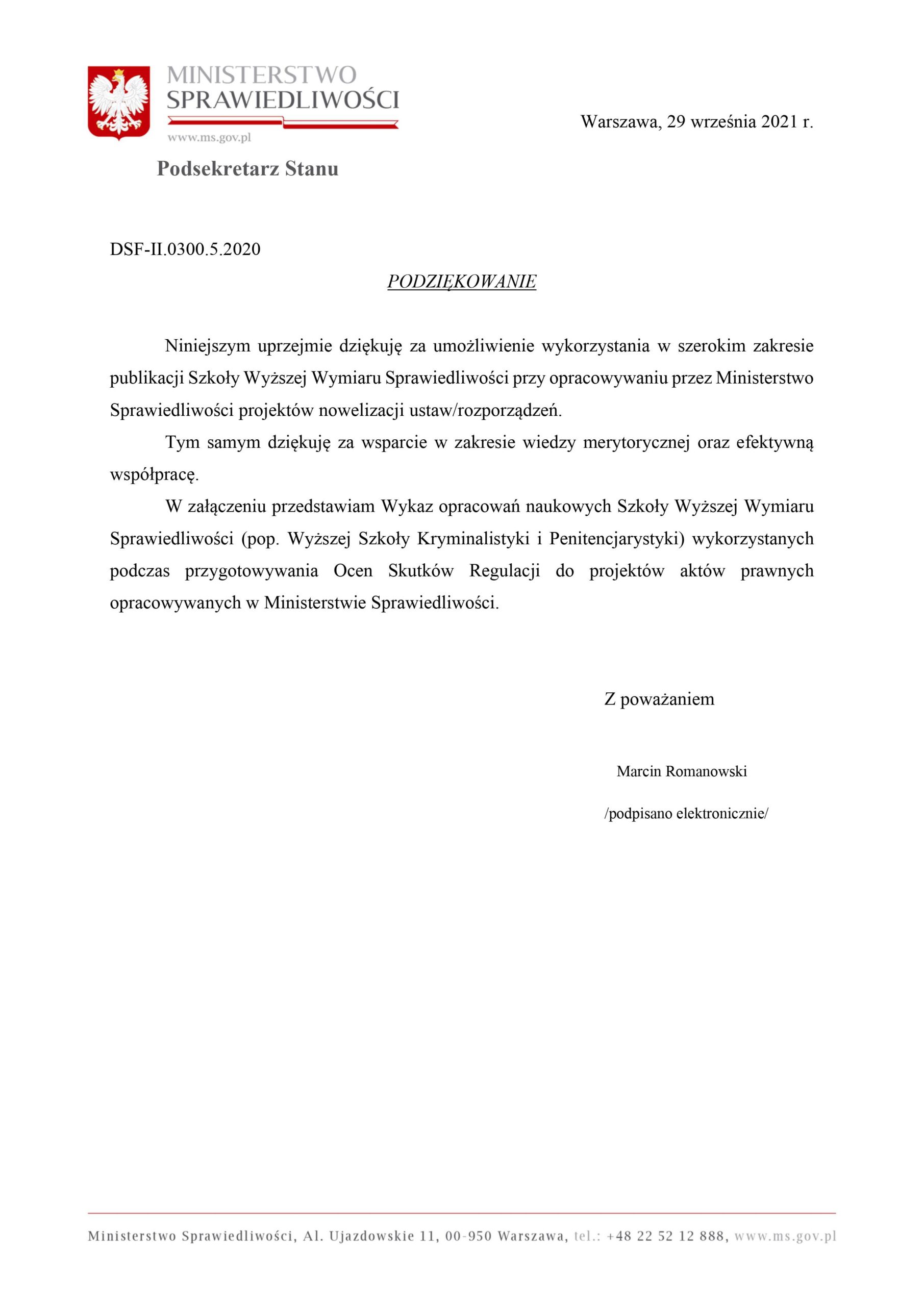
Characteristics of the impact of scientific activities, including the ones the results of which are subject to commercialisation, indicating the relationship between the scientific activity and that impact and the social group beneficiary of that impact and the area on which the scientific activity has the most impact
An extremely important element in the aspect of creating safe spaces is international cooperation within the European Penitentiary Training Academies. The presidency of the Academy of Justice in EPTA significantly influenced the direction of the organization’s development [S1]. The Academy, together with international partners, implemented training and educational projects for penitentiary personnel, contributing to increasing the awareness of working in prison and probation conditions, which fits well with the purpose of the Academy’s scientific activity, which is creating safe spaces.
The current security environment forces the need to look for new solutions and non-standard solutions. These issues constitute the area of cooperation between the Government Center for Security and the Academy of Justice, contributing to the implementation of innovative security solutions at the state level, primarily in relation to the issues of building safe spaces [S2].
The Academy of Justice is preparing a national competition and workshop on tactical rescue of Prison Service Intervention Groups entitled “Tactical Prison Rescue”. The project is primarily aimed at special units under the Ministry of Justice, but also under the Ministry of the Interior and Administration and the Ministry of National Defence. In addition to the 15 Prison Guard Intervention Groups, the event is attended by: Central Bureaus of Police Investigation, Central Anticorruption Bureau, Independent Anti-Terrorist Subdivisions of the Police, Border Guard Airport Security Divisions, Military Police, State Protection Service, soldiers from the Land Forces Academy, Airborne Battalions, Territorial Defence Forces or AGAT Military Unit.
Knowledge of rescue is particularly important in emergency situations, which the entities participating in the workshop have been set up to combat. Thus, “Tactical Priosn Rescue” influences the high level of preparedness of services, guards and inspections [S3].
Another entity cooperating with the Academy is the National Forest Holding – National Forests (Polish: Państwowe Gospodarstwo Leśne Lasy Państwowe). In the context of creating safe spaces, this cooperation is crucial as the National Forests manage an area which is less than 30% of the country. An undeveloped potential in the aspect of public safety is the Forest Guard, which is a uniformed unit established to combat crimes and offences in forest areas. The Academy, through research, seeks optimal solutions for the use of Forest Guards for public safety [S4].
The Academy has also started cooperation with the Polish Hunting Association. The main platform for interaction is the safety of shooting ranges intended for hunters. The Academy of Justice undertook substantive support through the development of shooting range regulations, training in first aid pre-medicine and safety rules for the use of firearms by hunters [S5].
The process of creating safe spaces is inextricably linked to prevention. The Academy of Justice, in order to meet educational needs, has also launched a postgraduate programme entitled “Civil Protection” aimed at employees, officers and rescuers of entities responsible for public security.
Cooperation with non-governmental rescue organisations is primarily concerned with solving their staffing problems that are crucial to maintaining constant combat readiness. Research by the staff of the Academy of Justice shows that for some volunteer firefighters, Voluntary Fire Service activities are a field for gathering experience on the way to applying for a job in the National Fire Service. It can be concluded that Voluntary Fire Service is a kind of back-up for the Rescue and Firefighting Units of the National Fire Service. Furthermore, the importance of non-governmental rescue organisations for the safety of the population was clearly demonstrated by the COVID-19 outbreak in Poland. In a situation where the state entities responsible for combating crisis situations have reached the limit of their operational capacity, rescue NGOs, sharing the responsibility for the security of the state, have relieved them of some of the tasks, enabling the continued operational functioning of civil protection systems. Hence the importance of seeking to address the staffing issues of non-governmental rescue organisations, which the Academy of Justice is undertaking.
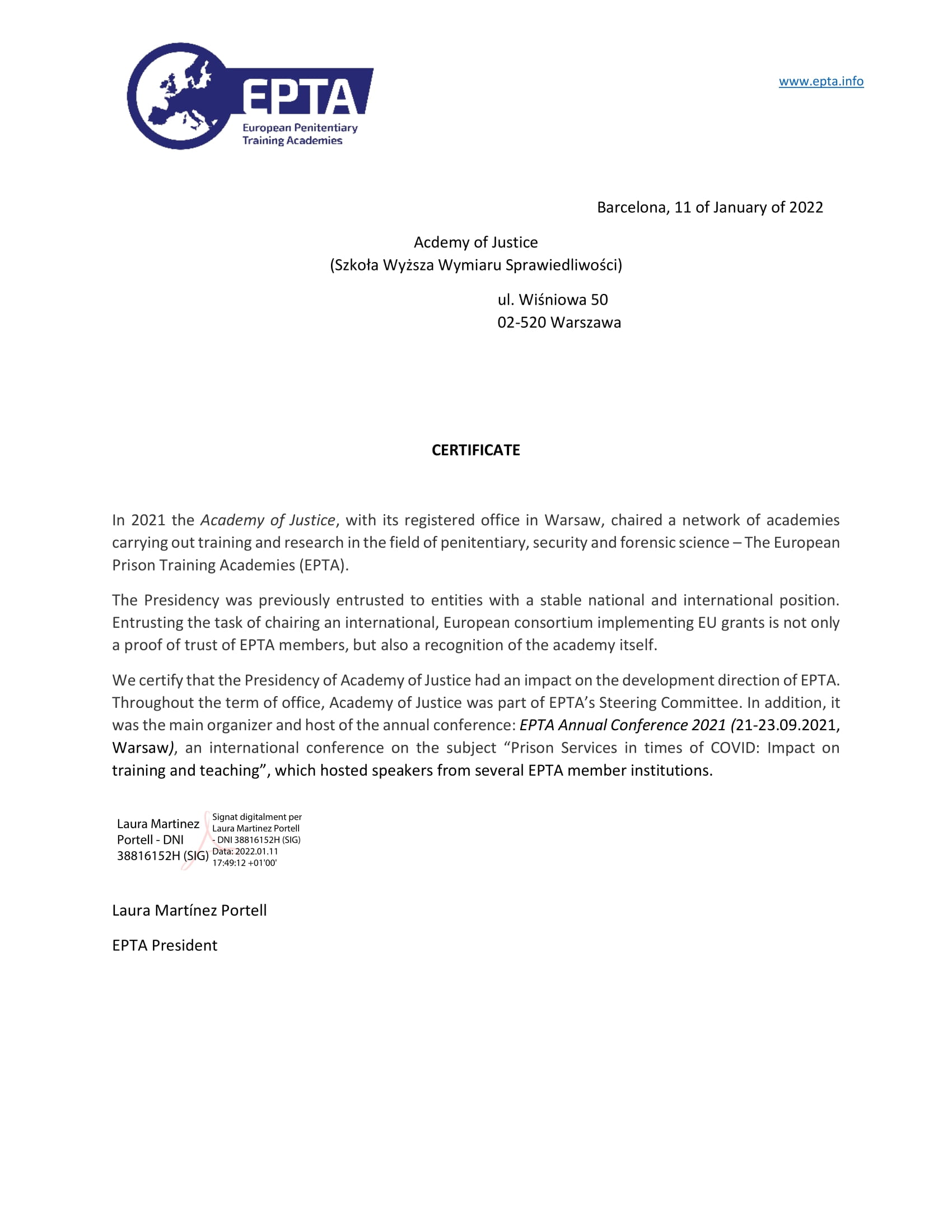
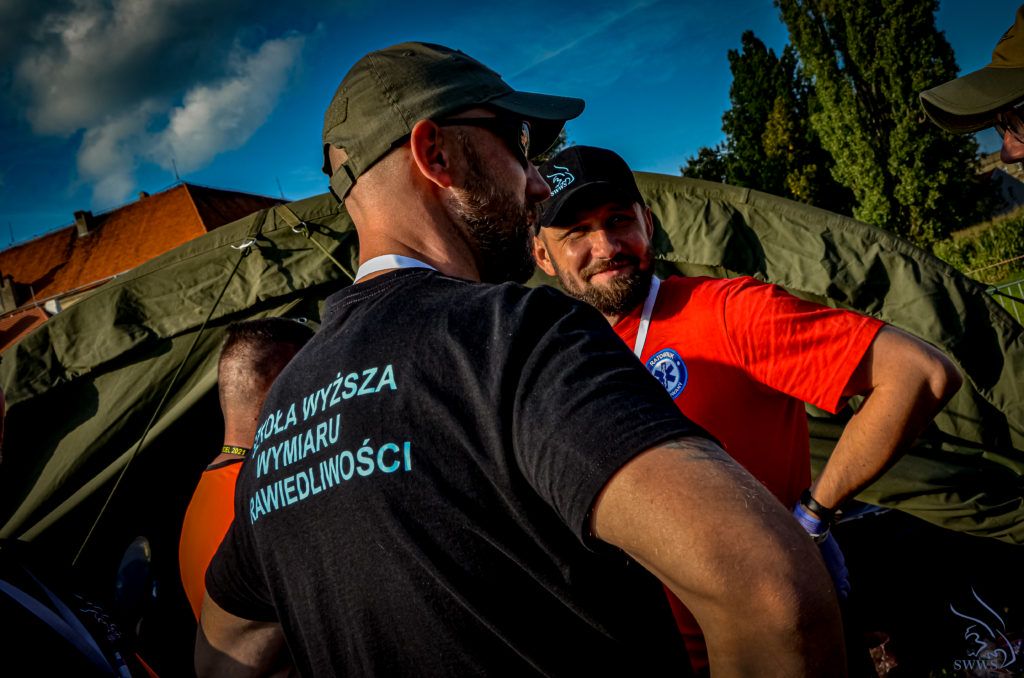
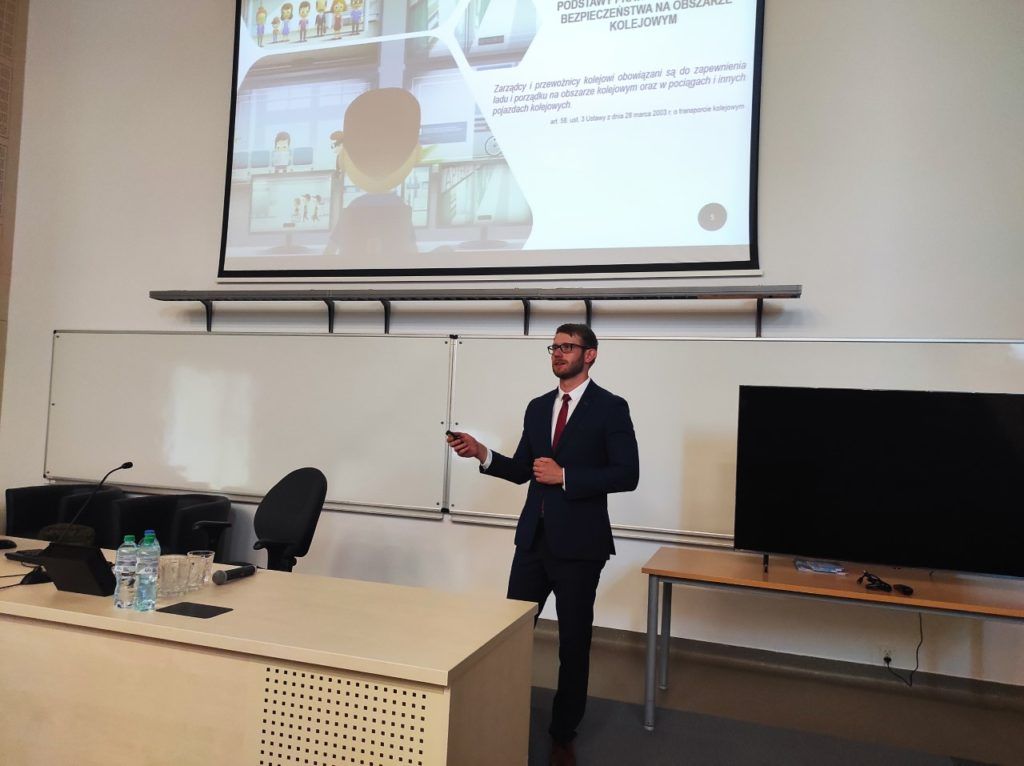
Arrangements
.
.
